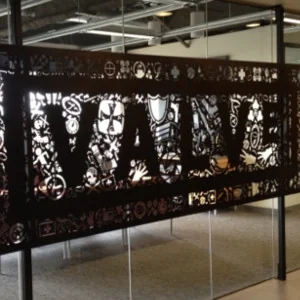Steam Will Now Flush Its Stale Shader Cache To Help Save Space

With Friday's Steam beta update, the shader pre-caching code will now flush the stale shader cache data on GPU/driver changes. It benefits all platforms with Steam pre-caching but will be particularly beneficial for those frequently upgrading their graphics drivers, such as habitual Mesa Git users (for when there is pre-caching available at least) or even the bi-weekly snapshots and other frequent updates for rolling-release users. Unless you are doing bisecting or later jumping between driver versions, keeping around the old shader caches is of no good and better off just being deleted to conserve disk space especially if being a heavy gamer as the caches can quickly balloon in size. The shader pre-cache can easily become large, so for the Steam Deck's base model with just 64GB eMMC (plus optional removable storage), this change to ensure the stale caches are deleted is important.
The Steam beta update also fixes games making use of Proton to always download shader caches immediately when installed, another benefit for the Steam Deck and all Linux gamers leveraging Steam Play for enjoying Windows games on Linux.
More details on this latest Steam beta update via SteamCommunity.com.
12 Comments

